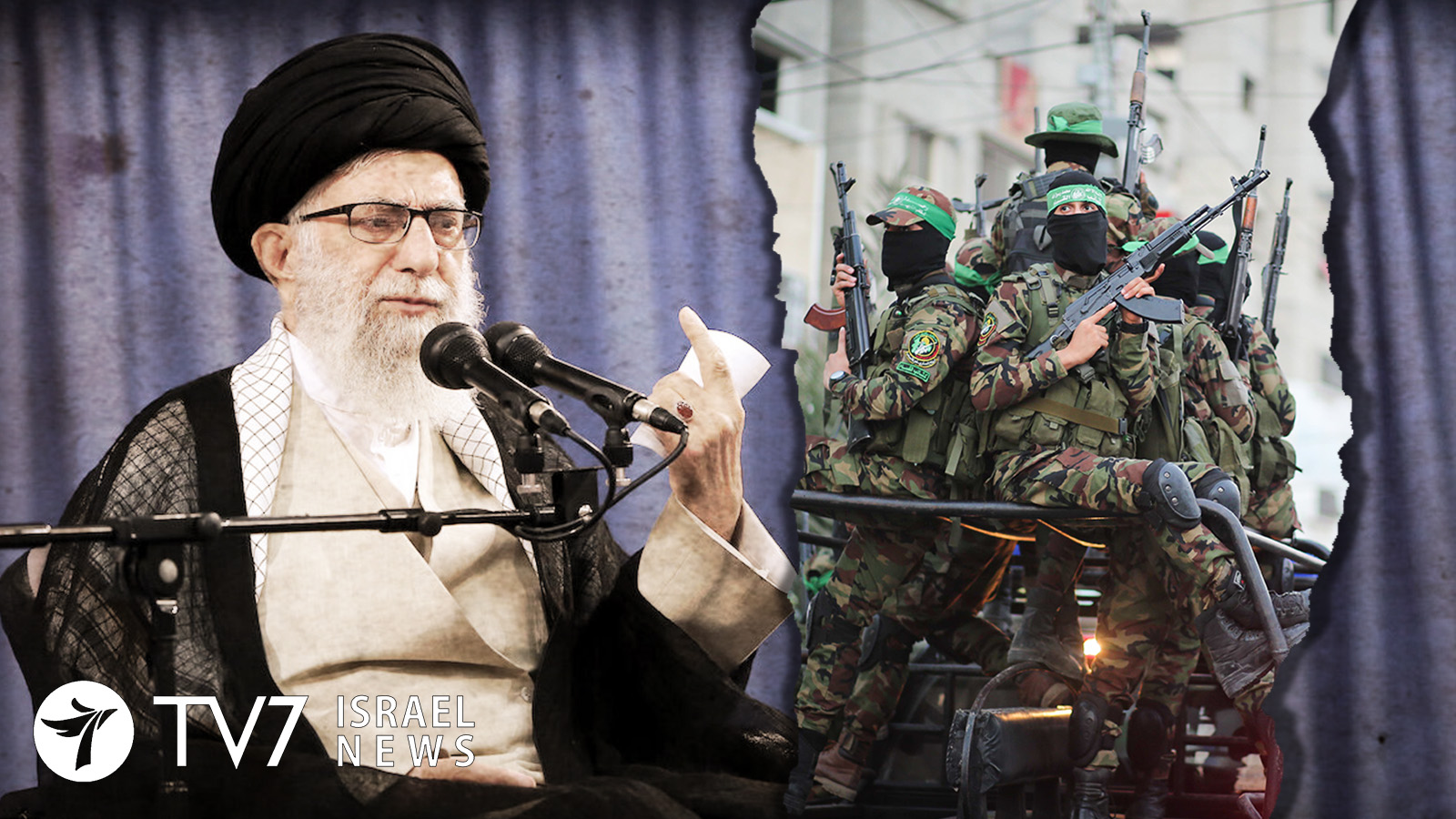Iran has reportedly agreed to pay an unprecedented 30-million-dollars each month to Hamas, in return for intelligence on Israel’s defensive missile program.
The deal was reportedly reached during meetings between Iranian and Hamas officials in Tehran mid-July, where the Deputy Chief of the Palestinian group Saleh al-Arouri described his organization as the Islamic Republic’s “first line of defense.”
Iran’s Supreme Leader Ayatollah Ali Khamenei was cited as saying that the “resistance and struggle” employed by Hamas against Israel is “based on a definite divine promise” that “will surely end in favor of the Palestinian people and the Islamic world.” He later wrote on his twitter account that “Hamas stands at the core of Palestine’s movement, just as Palestine stands at the core of the world of Islam’s movement.”
The cash surge promised by Iran is at least 80% higher than Hamas reportedly received last year.
Israel’s United Nations Ambassador Danny Danon condemned the development, tweeting that “despite lacking food or medicine, Iran/Hamas evidently have plenty of money for terror,” and reiterated Israel’s determination “to act against all branches of Iran’s terror operations.” Neither Israel’s Foreign Ministry nor Hamas were willing to respond to the report at this time.
Meanwhile, Iranian diplomat Amir Al-Moussawi announced that the restoration of Hamas-Syria relations is vital to the battle against Israel, and that both his country and its Lebanese-proxy Hezbollah are facilitating talks between Damascus and Gaza.
The fall-out between Hamas and the Assad regime came after the Damascus-branch of the Palestinian group supported local Sunni-Muslim militias at the height of the Syrian civil war, a move that led Tehran to suspend all of its support to the Gaza-ruling faction.
Furthermore, at the time, Hamas officials were expelled from Damascus, where the political leadership maintained its foreign headquarters for years. Since then, Hamas was forced to relocate its headquarters around several countries in the region; and today it holds its main foreign offices in both Lebanon and Turkey.
